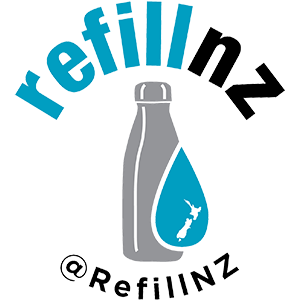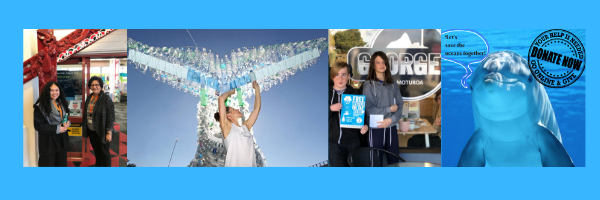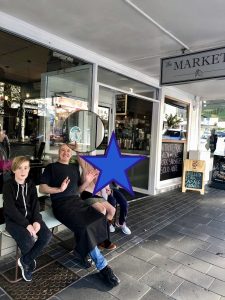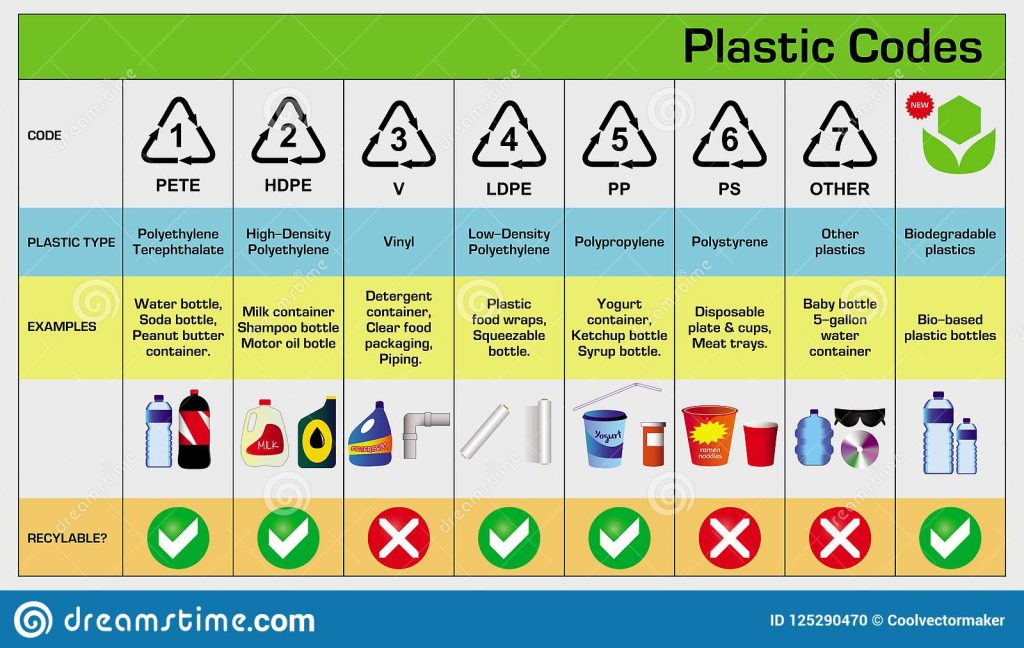To keep in touch and receive our monthly e news – sign up.
Growing the refillution
Change is happening thanks to people power and so much has happened in the fight against plastic pollution in the last few weeks that our E News is jam packed with a great read about going mobile, growing the refillution, our movie night fundraiser, a proposal to make manufacturers take responsibility for waste, the bottled water con, what's been happening across NZ, and the essentials of recycling.
Lots more RefillNZ Stations have joined up, including the first ecosanctuary to join the refillution – Zealandia – and the first tertiary education provider to come on board – Victoria University of Wellington. Our partner, Wai Auckland, has been very busy signing up businesses and Council facilities – more on this below. We will soon be hitting 500 RefillNZ Stations.
Help grow the refillution - help bring about change
We are a small not-for-profit and all our work is done by 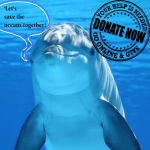 passionate volunteers. To be able to respond to the increasing interest and make a significant impact on plastic pollution, we need to sign up more RefillNZ Stations.
passionate volunteers. To be able to respond to the increasing interest and make a significant impact on plastic pollution, we need to sign up more RefillNZ Stations.
You can help grow the refillution:
- Donate to the RefillNZ Givealittle page
- Come to thought provoking - Blue the Film - Wgtn, Mon 9th Sept. All funds raised will go to help make a bigger impact.
- Volunteer or become a RefillNZ Ambassador
- If you are a council, health body or large organisation, contact us to collaborate.
Making manufacturers take responsibility for their waste
On Friday, Eugenie Sage announced a proposal to enforce regulatory product stewardship, making producers responsible for specified problematic products at the end of life. There are six priority products: tyres, electronic products, agrichemicals and their containers, refrigerants, farm plastics, and packaging including beverage containers. Submissions are now open – have your say.
RefillNZ goes mobile
Over the next month, we are planning to have all our RefillNZ Stations on the RefillMyBottle app. RefillMyBottle started in Bali, where plastic pollution is a huge issue, and there are now heaps of Refill sites all over South East Asia. They have created an online map and app where you can easily find places to refill. Later this year, we hope to also be on the Refill UK app.
Bottled water - a big con
When you buy bottled water, you pay up to 2,600 times more than tap 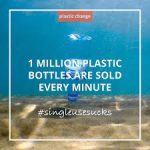
Bottled water shows just how powerful marketing can be, according to Professor Janet Hoek, from the University of Otago’s departments of public health and marketing. “The industry has successfully persuaded people to pay a premium for a product they can get for free,” she said.
Descriptions such as O Pure’s “epic journey of movement and time” and Kiwi Blue’s “natural filtration process lasting up to fifty years” also imply bottled water is better than tap.
But as Professor Hoek points out, these terms have no scientific basis and don’t have to meet any standard. “These claims are puffery or harmless exaggeration, but although essentially meaningless, they can still affect what people buy,” she said. Read more.
The plastic-free movement is growing across NZ
Wellington City alone uses enough bottles annually to fill seven Olympic sized pools. So during Plastic Free July, RefillNZ Ambassador and Wellington lifeguard, Breanna Ward, put together a campaign to teach pool goers about the harmful effects of plastics on the environment. People were encouraged to refill their own bottles using water fountains and buy reusable drink bottles instead of single-use ones.
The campaign included collecting all the plastic bottles over a two-week period, with some made into a lane rope in the pool and others displayed in netting. Lots of children asked the pool attendants about the bottles and then many spoke to their parents about it.
It’s all happening in Taranaki
Taranaki have a zero waste policy and are now offering all residents food scrap bins that are collected weekly for composting. Food waste is a major source of carbon emissions if put in landfill. By composting, they get recycled the natural way.
For the whole of Plastic Free July, a nine-metre long giant whale made out of 3,500 single-use plastic bottles was displayed at Puke Ariki Landing in New Plymouth. It was built by environmental campaigner Lorella Doherty and faced the ocean to represent the amount of waste that travels out to the ocean every year.
And, to top it off, local Moturoa School students, Sam, Kaya and Maia did an amazing job signing up the first six RefillNZ Stations in Taranaki.
Wai Auckland, in partnership with RefillNZ, is promoting tap water as the easy, healthy, and environmentally responsible choice for people to drink. In just one month they recruited over 70-plus RefillNZ Stations, including cafes, libraries, pools and leisure centres, and are aiming to get 1,000 RefillNZ Stations on board in the region.
Auckland Council’s Parul Sood, Programme Director - Waste Solutions, says “By joining forces with RefillNZ, we are letting our communities know they can confidently carry their own water bottle and choose tap water. Why not make carrying a reusable bottle the new normal”.
Recycling by numbers - sorting plastics
When sorting your recycling, the first thing you need to ensure is that it’s clean, otherwise it can’t be recycled and worse still, it will contaminate the whole lot.
To make sure you’re recycling plastic effectively, you need to know two things: the plastic number of the material, and which numbers are accepted by your local recycling service.
There are seven types of plastics that are all used for different things. Some types are easier to recycle than others.
The most popular plastics recycled in NZ are PET (type 1) used mostly for clear drink bottles, and HDPE (type 2) used mostly for milk bottles. These types are easier to break down and repurpose for other things. Other types (3,4,5,6 and 7) are often not recycled at all. This is usually because manufacturers struggle to make any profit from them and so they’re not worth recycling.
Knowing what types of plastic your council will accept will also help your recycling end up in the right place. This can change depending on where you live. A good place to start is your local council’s website. Find out what’s accepted in your area here.
We hope you enjoyed the read, and if you have ideas for future E News or great articles to share, feel free to drop us a line.
Jill & Serena
